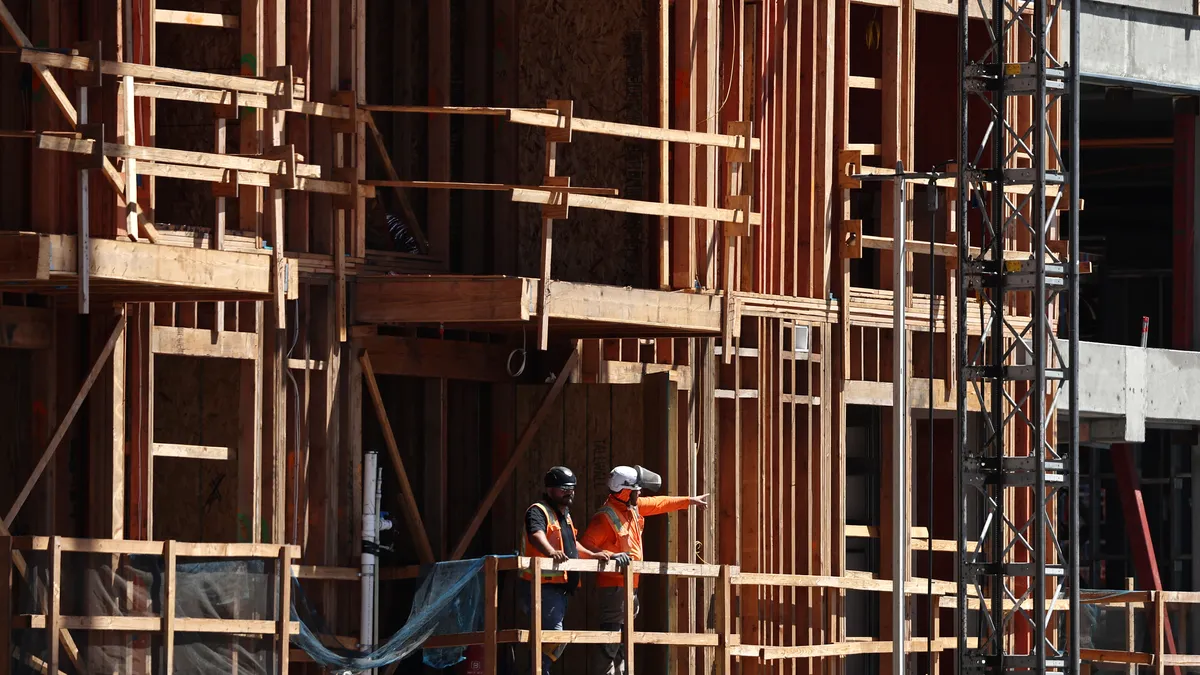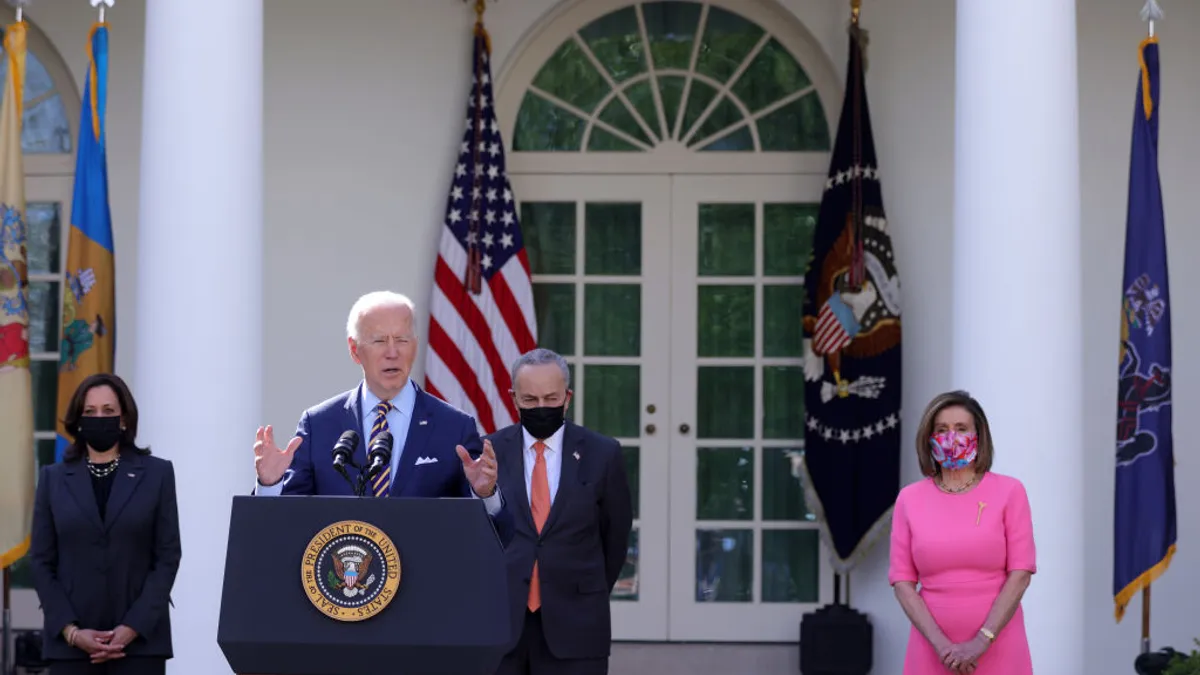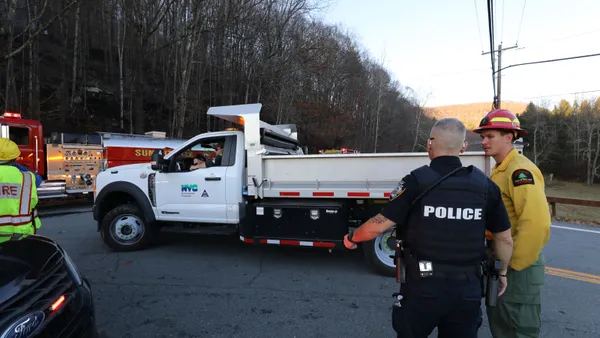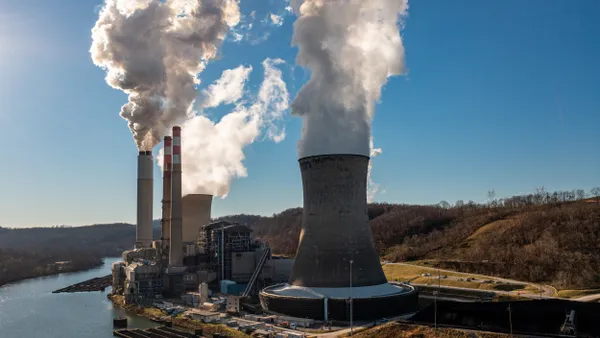Dive Brief:
- The City of Denver is recruiting members for its Climate Action Task Force, which will develop an updated climate work plan that focuses on equity. The city is seeking "20-24 diverse community leaders" for the panel.
- The task force will work through May 2020 on the new plan with either weekly or biweekly meetings. The group will also be charged with "securing the resources that will be needed, and creating revenue mechanisms."
- In August 2019, Mayor Michael B. Hancock announced city would examine climate change through an equity lens, develop new adaptation and mitigation goals and find a revenue source to cover any funding gaps to meet the goal.
Dive Insight:
Denver already has an 80 x 50 Climate Action Plan, which seeks to reduce greenhouse gas emissions by 80% compared to 2005 levels by the year 2050. That includes a commitment to use 100% renewable energy by 2030, to slash energy use from municipal buildings and to convert drivers to use electric vehicles and public transit. By 2030, the city wants 16% of commuters to be on public transit and 17% walking or biking. By 2050, the goal is to have all light duty vehicles and taxis be electric, 75% of trucks running on carbon-neutral fuel and all public transit be carbon-free.
As part of meeting that goal, Hancock opened an office of Climate Action, Sustainability and Resiliency set to be fully functional by July 2020, combining personnel from existing offices. The climate task force will help inform the work of that office, by evaluating existing climate work, finding funding gaps and advising on how action can be implemented. Importantly, the task force will also look at equity issues, ensuring that all communities can take advantage of the benefits and that any costs — like infrastructure or energy investments — are felt evenly.
The city of Denver did not respond to request for comment on the specific role of the task force in future policy.
Elevating the voices of community members can also ensure that marginalized communities, who may feel more effects of climate change, are heard. As cities and states have stepped up their climate action plans in the absence of federal leadership, many have looked to their residents to ensure equity and make sure the plans are effective.
Miami, for example, has been holding community meetings in at-risk communities as it writes its Climate Ready Miami strategy, mirroring approaches taken by other cities to bring in more business and community input.










